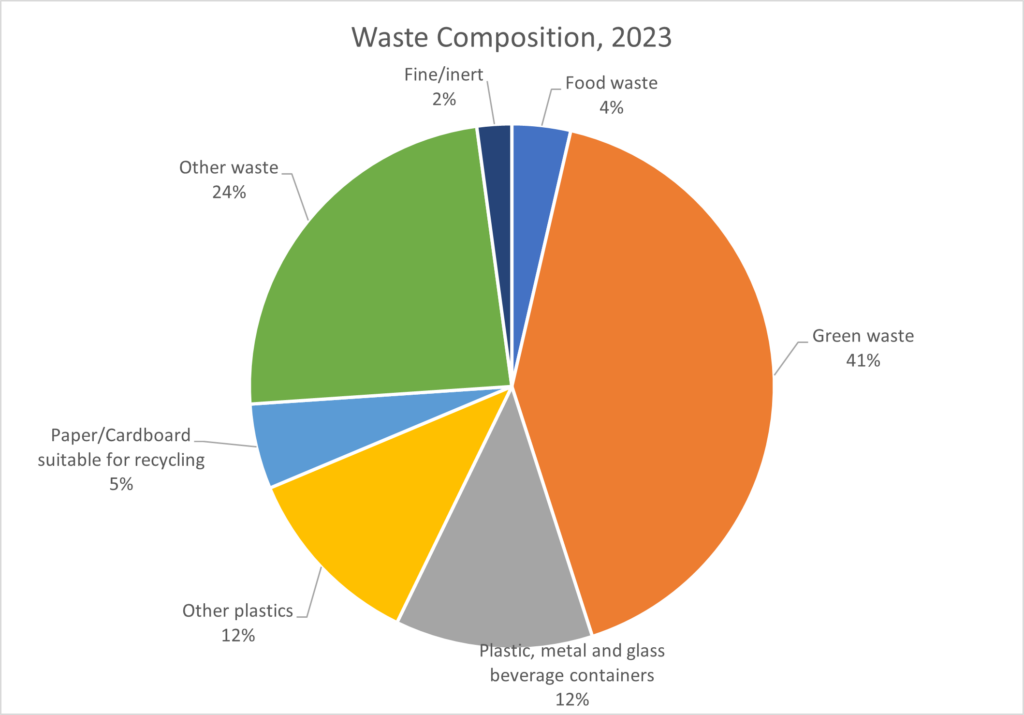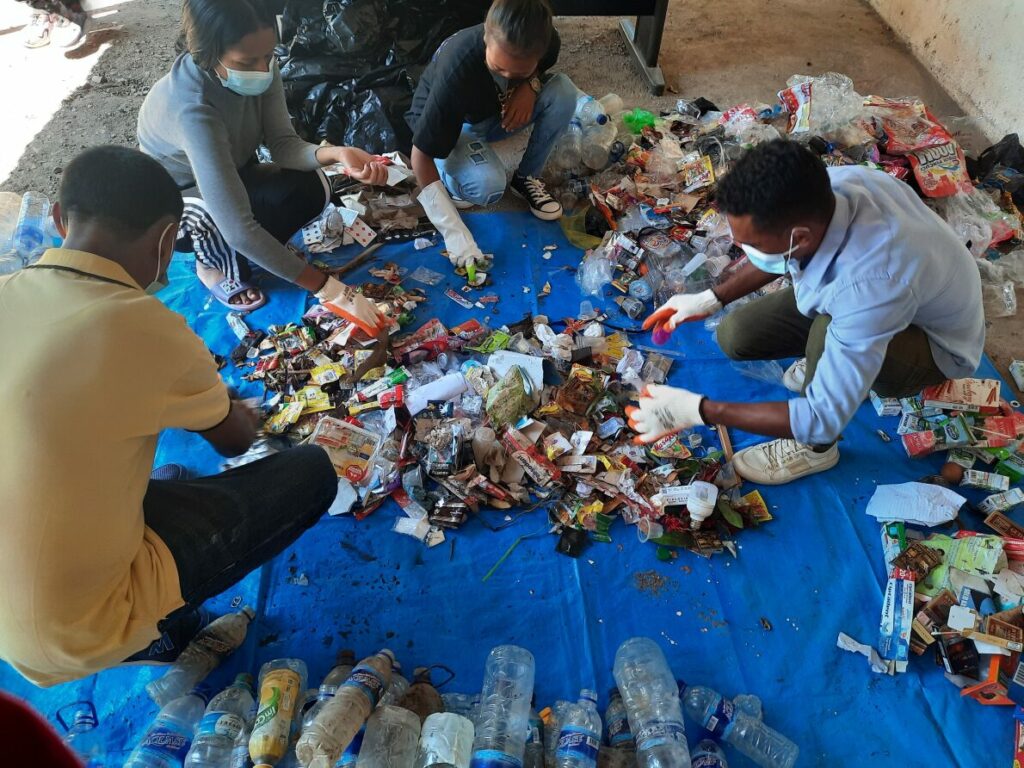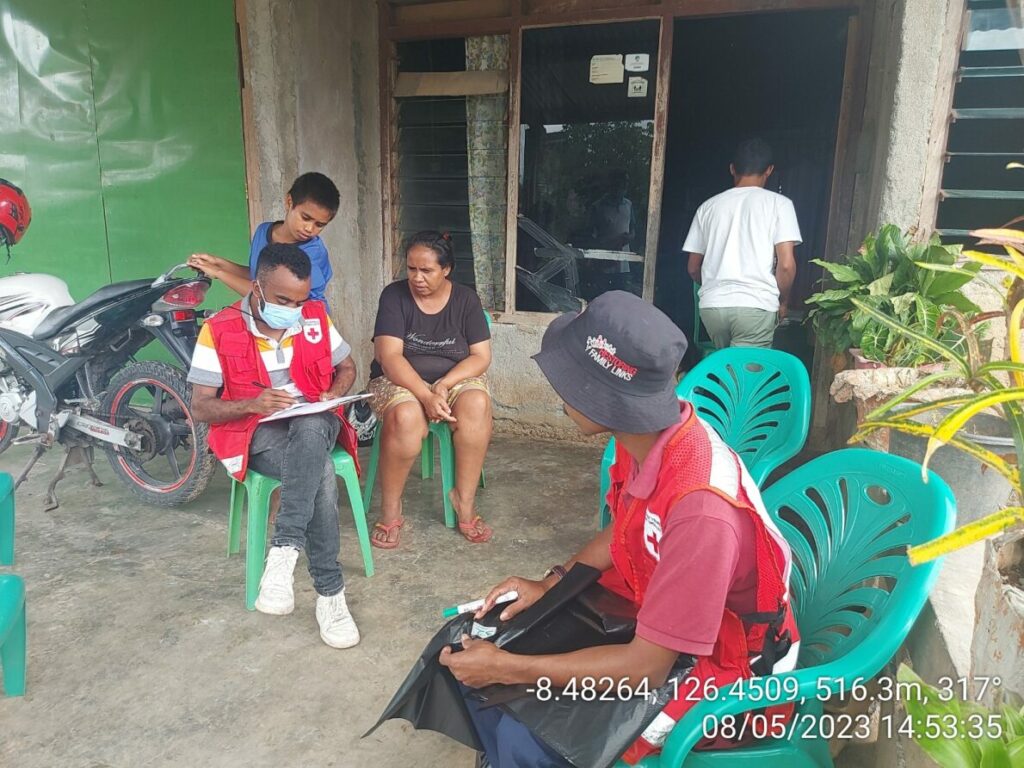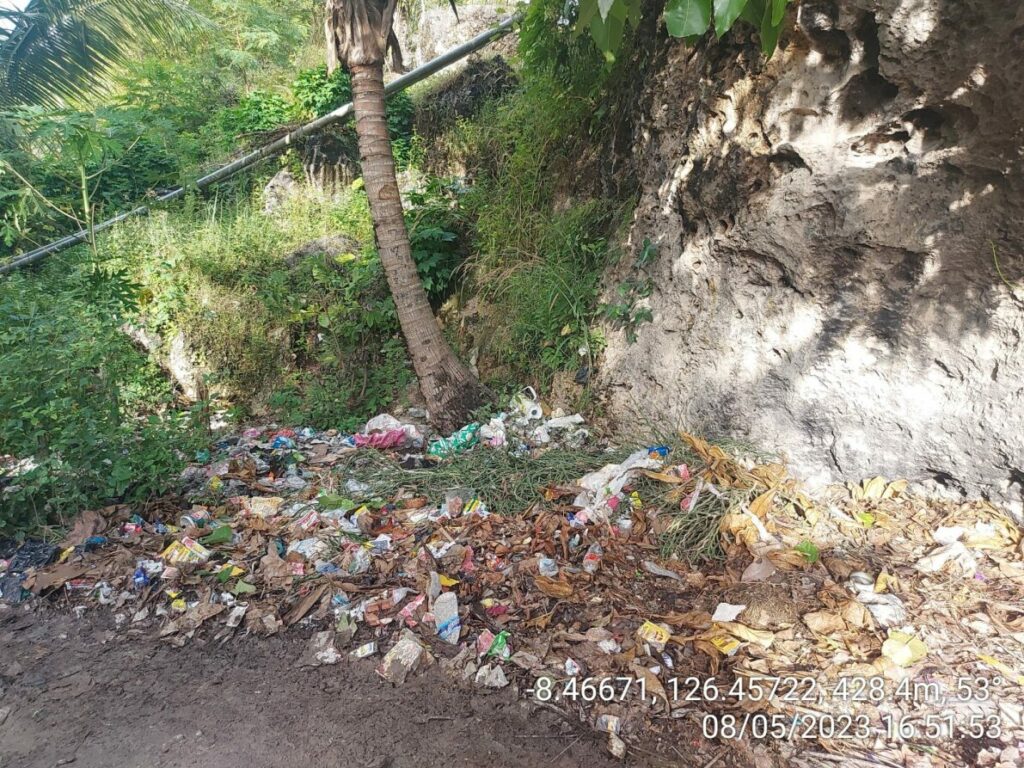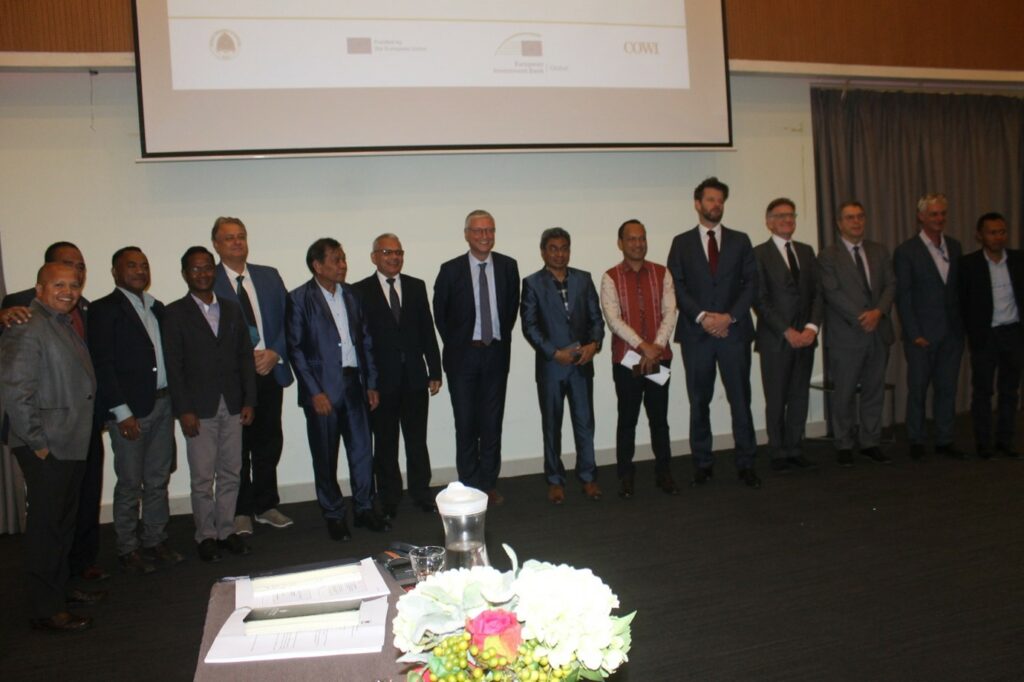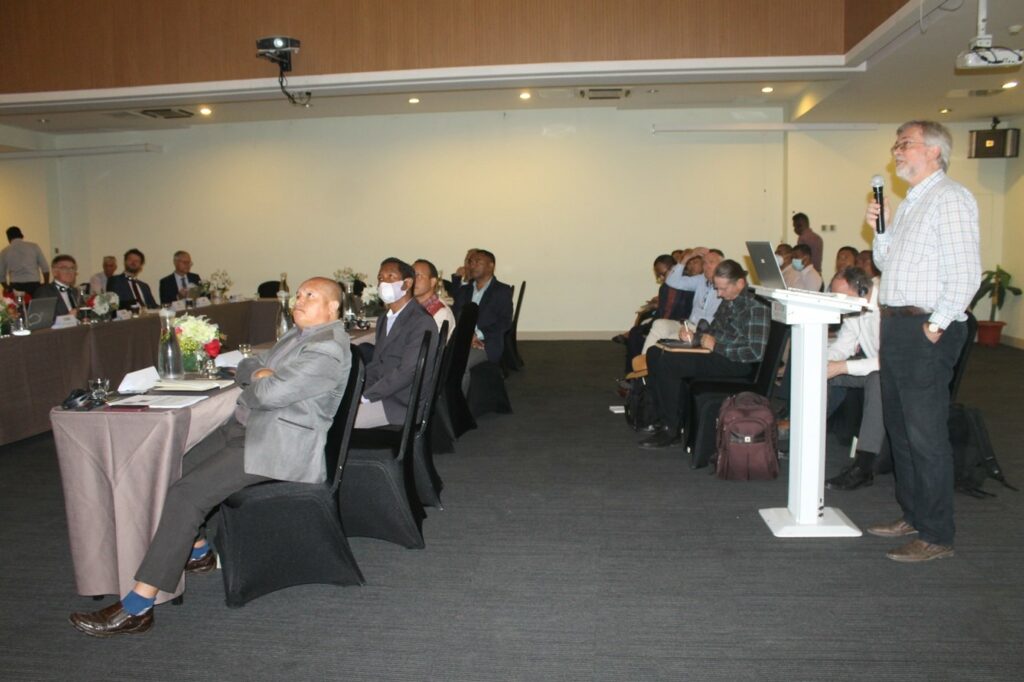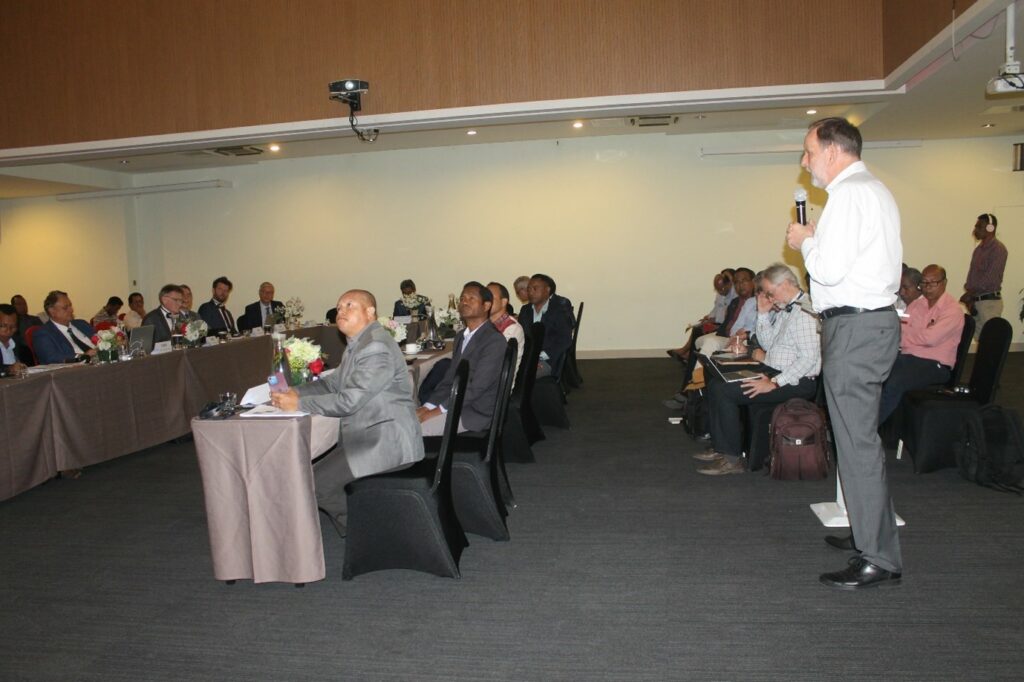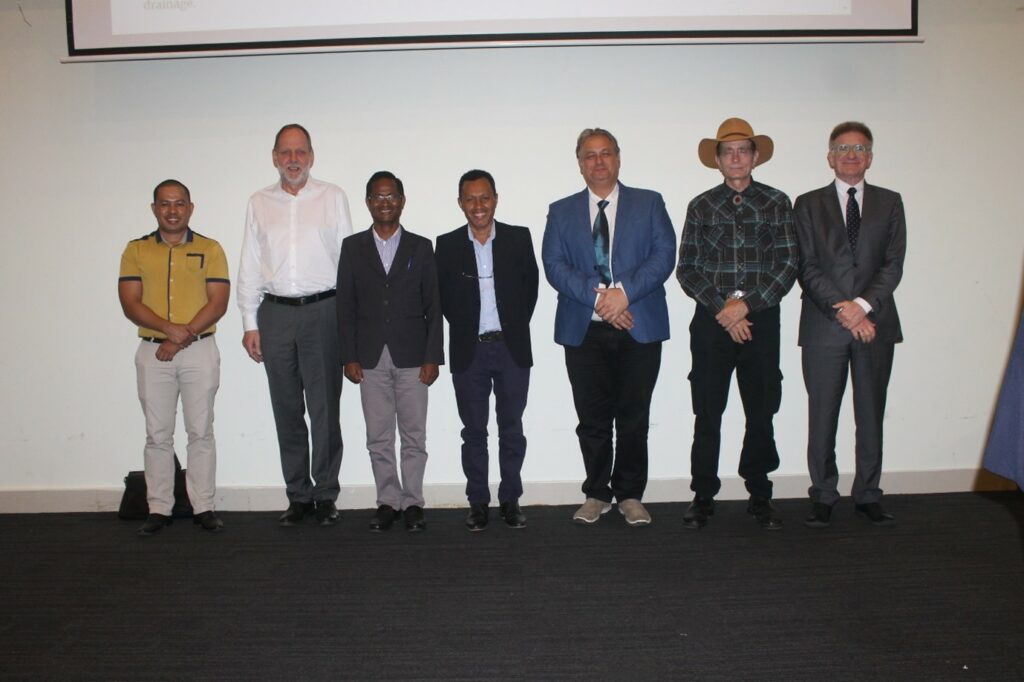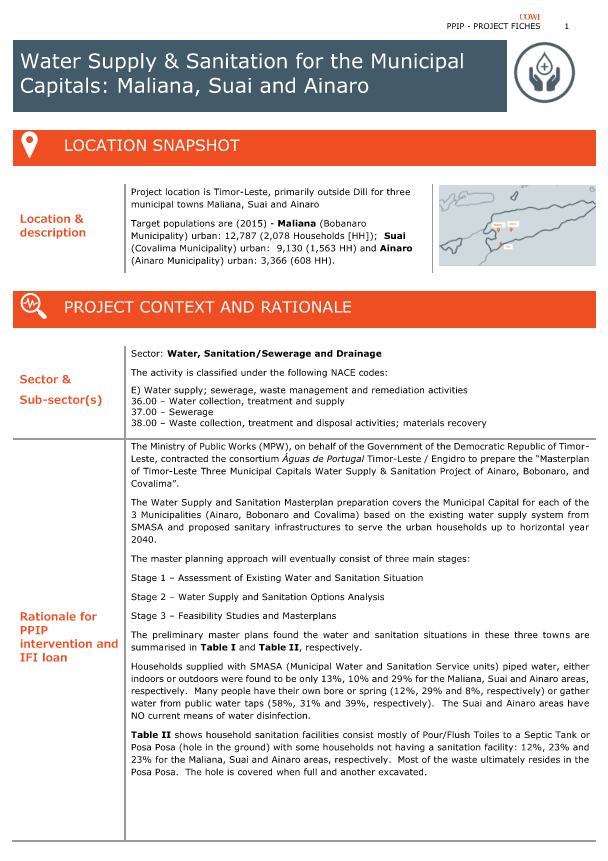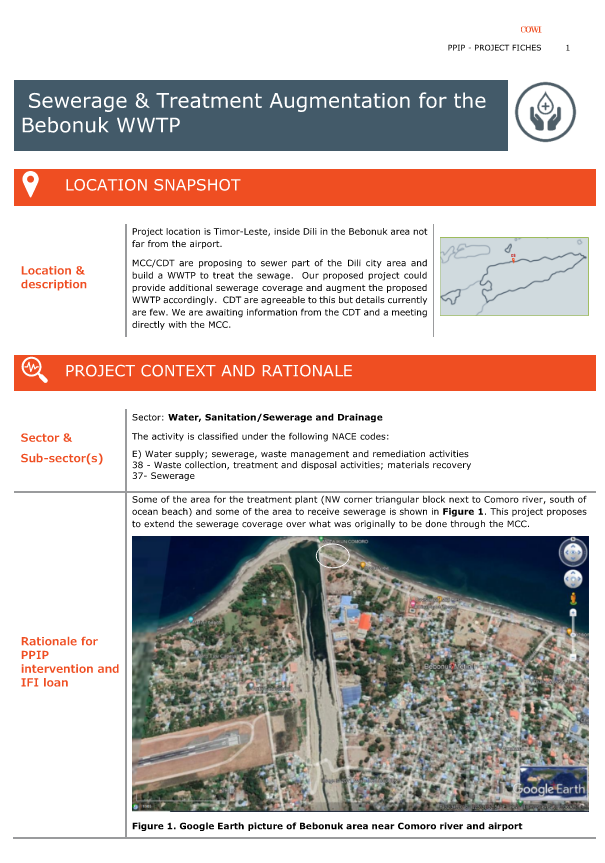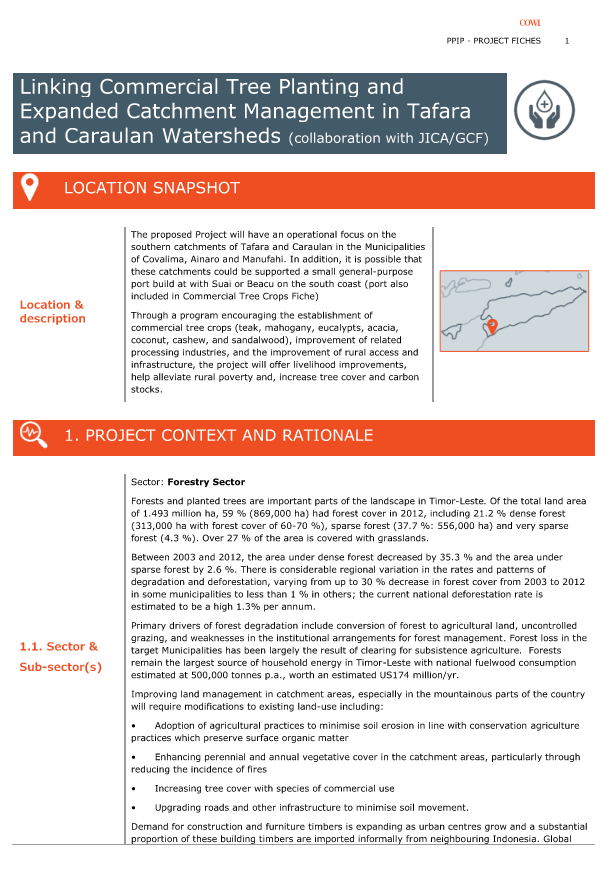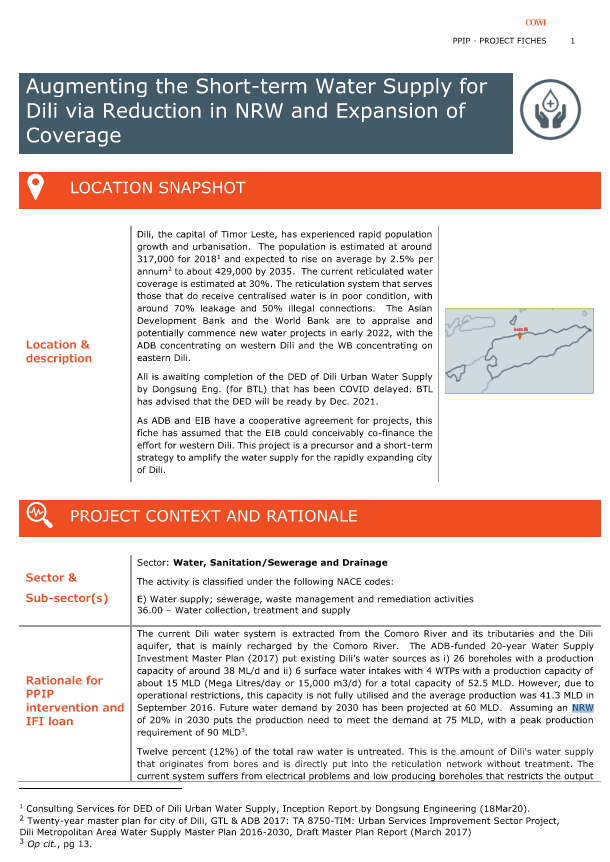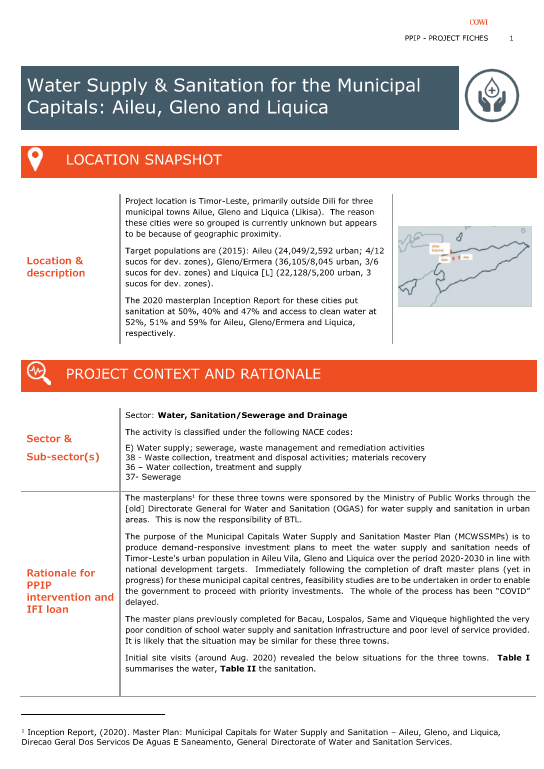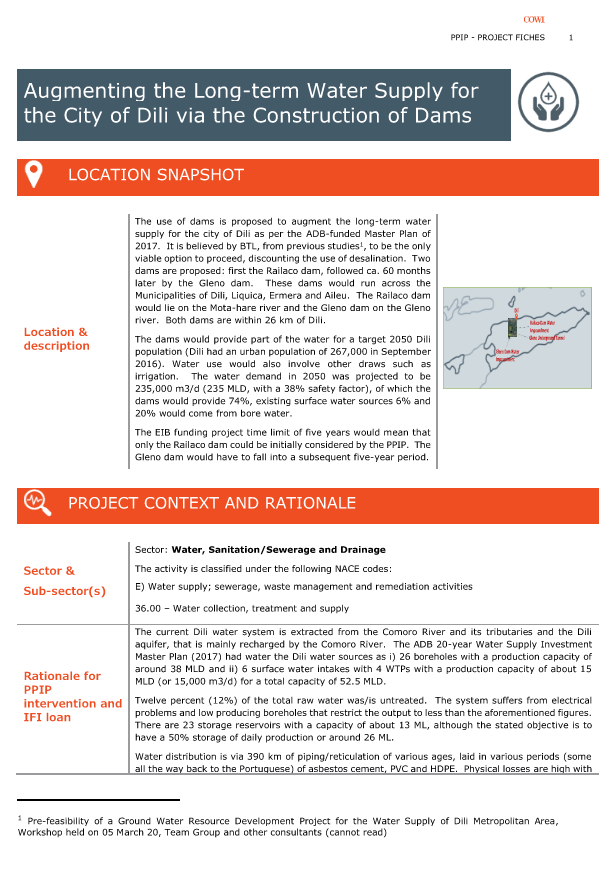The Project Preparation & Implementation Programme for Timor-Leste (PPIP) aims to support the identification, preparation, and implementation of technical, financial, economic, environmental, and social investment projects in the sectors of solid waste, forestry, water supply, sanitation, and drainage. Solid waste management is a severe challenge for the country, causing serious problems such as drainage stormwater pollution and channel blockages, leading to flooding. The Clean Ocean Initiative intends to find a solution to these challenges. Accurate data is an important aspect of this project, therefore, a waste study between 9th and 18th May 2023 was conducted in the towns of Suai (Covalima Municipality), Maliana (Bobonaro Municipality), and Baucau. The goal was to identify the level of generation and composition of municipal solid waste (MSW) produced by households and contribute to the provision of baseline data for the PPIP and the Government of Timor-Leste to develop a sustainable solid waste management system, policy, and strategy.
From July to August our Key Forest Expert Joachim Kirchhoff underwent his 2nd assignment. This article provides an update about the recent development and activities within the Forestry section of the PPIP project.
Currently, the focus of the Forestry Team will be the presentation of the project design in selected municipalities and sucos, mainly Covalima and Bobonaro. The feedback from local leaders is urgently needed and will be integrated in the final project design. PPIP’s approach will foster project ownership and always ensures full beneficiary participation at all levels and within the project cycle.
Completion of Capacity Building for Grant Funding Documentation
An important milestone in the project progress has been the finalization of the Technical Assistance (TA) Paper on Capacity Building for Grant Funding. This draft paper underwent thorough review, circulation, and in-depth discussions with our team leaders and key stakeholders. Following invaluable input and revisions, we have successfully refined the paper, which now stands as a foundational component of the forthcoming Feasibility Study (FS) Report. Its significance lies in its role as a prerequisite for the seamless execution of the loan project.
Progress in Identifying Suitable Land for Commercial Plantations and Final Selection
Since May 2023, our focus has been on the process of identifying and selecting land suitable for commercial plantations. Since then, we could witness a notable progress. Regular consultations with DG Raimundo and careful evaluation of data have resulted in the identification and securement of over 10,000 hectares for this purpose. This accomplishment is a direct result of the ongoing Community-Demand Driven Land Reclassification initiative, which remains in progress. Further, to ensure a sustainable approach in the forestry project in Timor-Leste we put effort to secure confirmation letters from municipalities and local stakeholders.
Promoting Financial Collaboration for Smallholder Empowerment
Within the financial collaboration we faced some challenges by identifying commercial banks willing to establish deposit accounts for smallholders. Nevertheless, we have made progress by initiating dialogue with five banks in Dili. Encouragingly, three banks have shown interest in this collaboration, aligning with our objective of enhancing financial inclusion within our target communities.
Strategic Innovations in Carbon Trading and Sustainability
Another aspect of our initiative involves the design of a pragmatic carbon trading system. Collaborative engagements with Bhuddi Kunwar and the EU Technical Assistance team have resulted in comprehensive discussions and insights. We are enthusiastic about the potential of this initiative to yield both environmental and economic benefits.
Prominent Steps in Project Awareness and Outreach
We are actively working to spread awareness about the objectives, scope, and benefits of our project. To achieve this, we are diligently preparing a pamphlet that will outline these aspects. This informative material will be endorsed by relevant ministries and distributed to selected municipalities and sucos. This is an important part of our ongoing public awareness campaign. Our achievements are the result of successful collaboration, dynamic partnerships, and a shared commitment to achieving transformative change. Looking ahead, we are focused on reaching significant milestones such as the completion of the Feasibility Study Report, targeted field visits, and further enhancing our strategies for engaging stakeholders. We are excited to achieve sustainable and impactful outcomes in the forestry sector by combining our holistic approach with out community involvement. The third assignment of the Key Forestry Expert in November 2023 will include (i) drafting of the Feasibility Study Report; (ii) selected field visits in the selected target areas, (iii) assessment of the stakeholder participation process, and (iv) assisting the Team Leader (Economist) in finalizing the Cost and Financing Plan.



